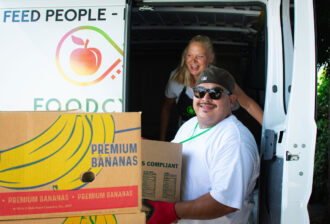About this project
Connecting Communities: Bridging the Gap to Direct Surplus Food to Los Angeles County Food Deserts (FLW24-006)
Nancy Beyda, FoodCycle - $758,437
FoodCycle's project addresses gaps in the food recovery system by developing a systematic approach to reducing food waste in Los Angeles County. It will create a comprehensive strategy, integrating recovered food into the food system, by considering its environmental, social, and economic impacts.
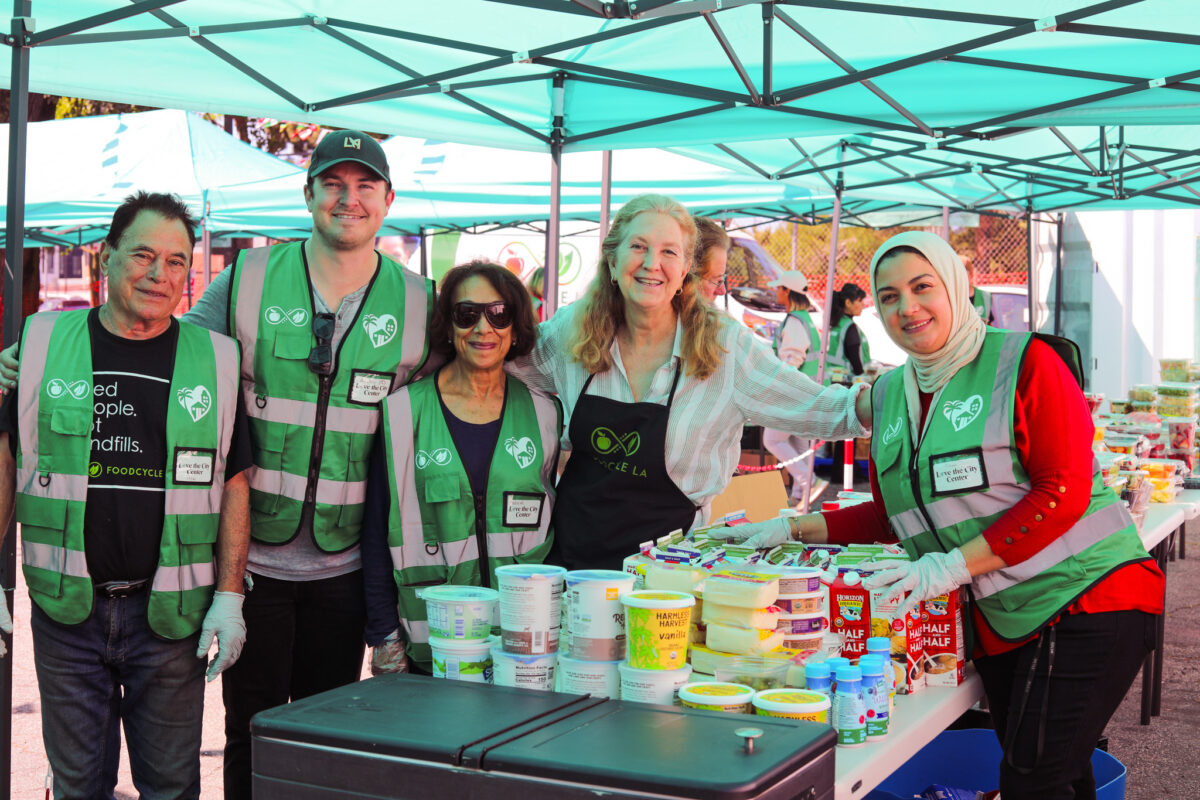
FoodCycle is a food recovery nonprofit located in Los Angeles. We have been focusing for the past 10 years on incorporating the environmental impact into the food recovery work that we do, and collaborating and building out networks to better use recovered food. We have incorporated technology. We use a fleet of electric vehicles with solar powered refrigeration. We have a solar powered walk-in refrigerator container that's standalone. We also use an app in order to create better logistics matching so that this food is going to organizations that need it the most.
Our SARE project is focusing on a specific opportunity. Here in California we have a law, SB 1383, which requires businesses to donate rather than discard edible food. That law began being enforced last year, and we have identified that there are still gaps in compliance around that law. For instance, working with one city, we found that the first time we went into one grocery store that had a contract with a food recovery partner, they were throwing out 500 pounds of meat a day, because that food wasn't being collected by their assigned partner. This project is focused on identifying those gaps, getting that food that we know is slipping through the cracks, and sending it to the food deserts of Los Angeles.
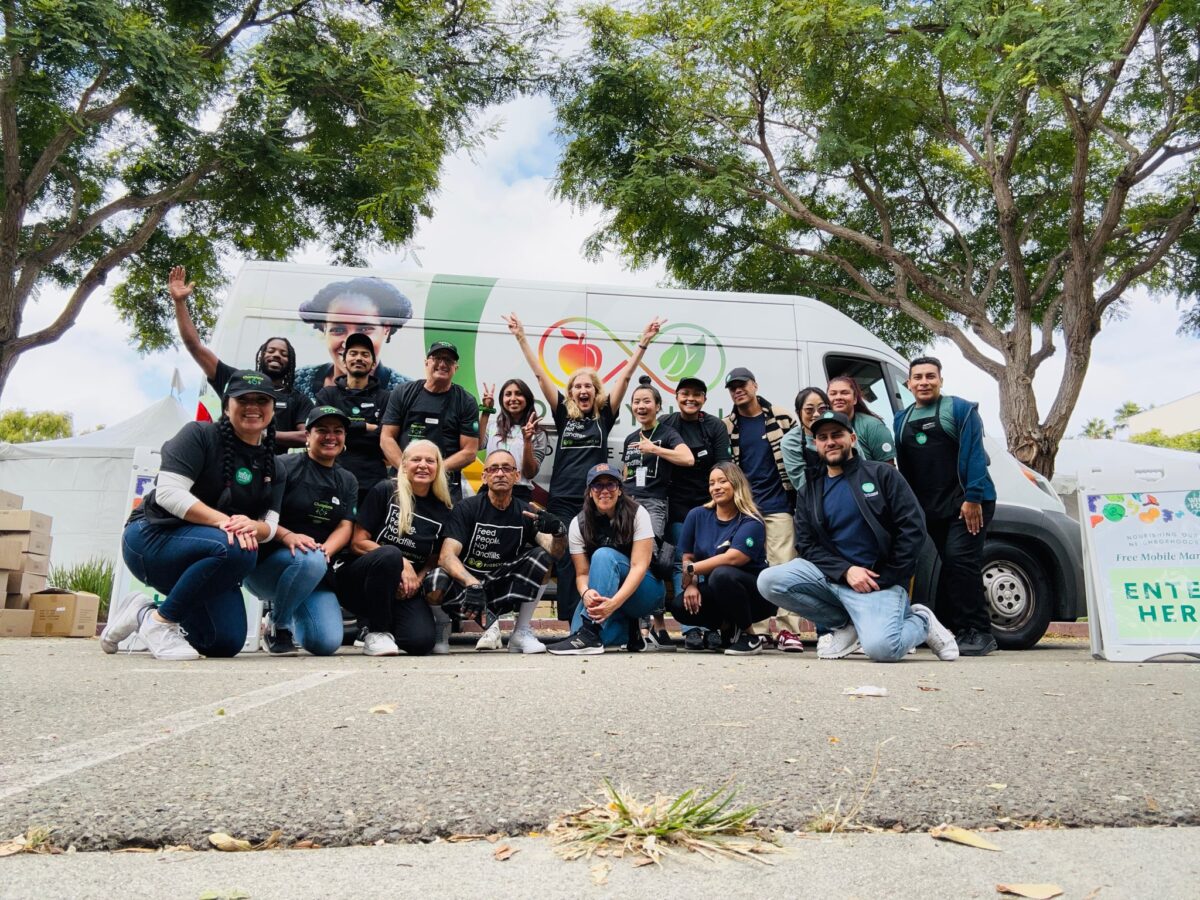
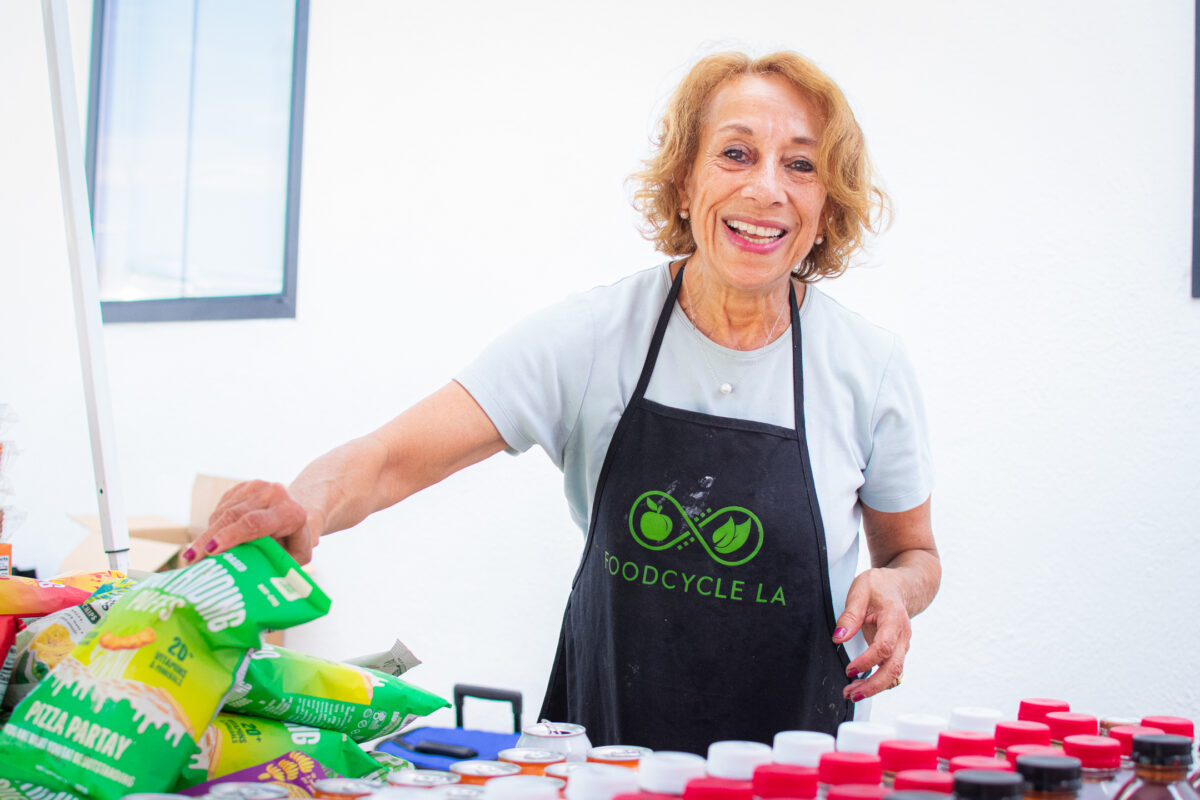
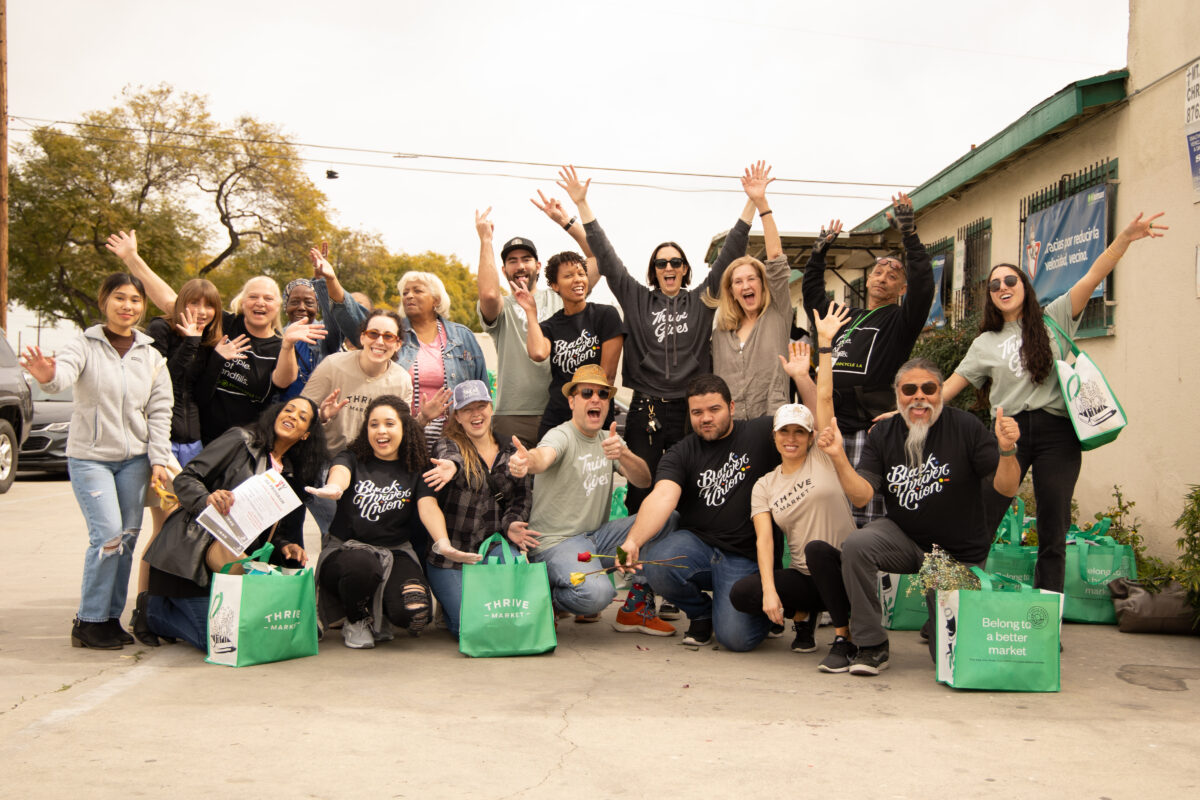
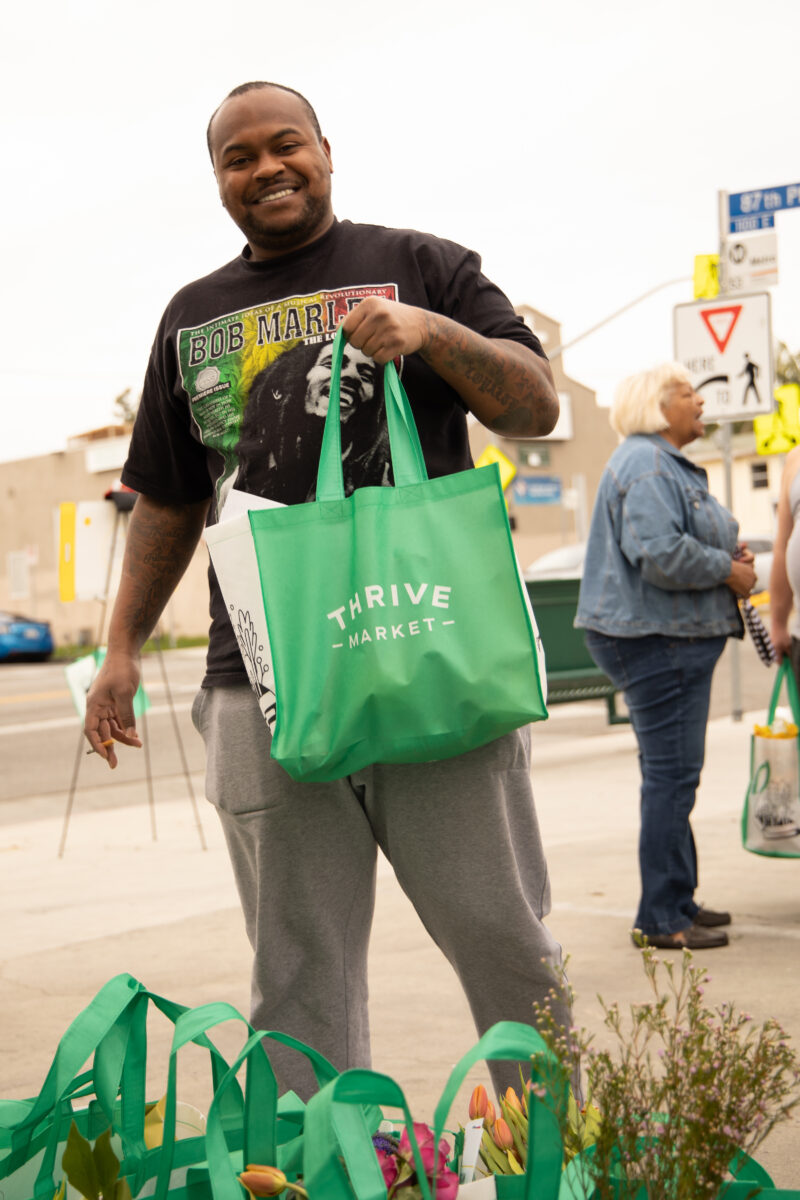
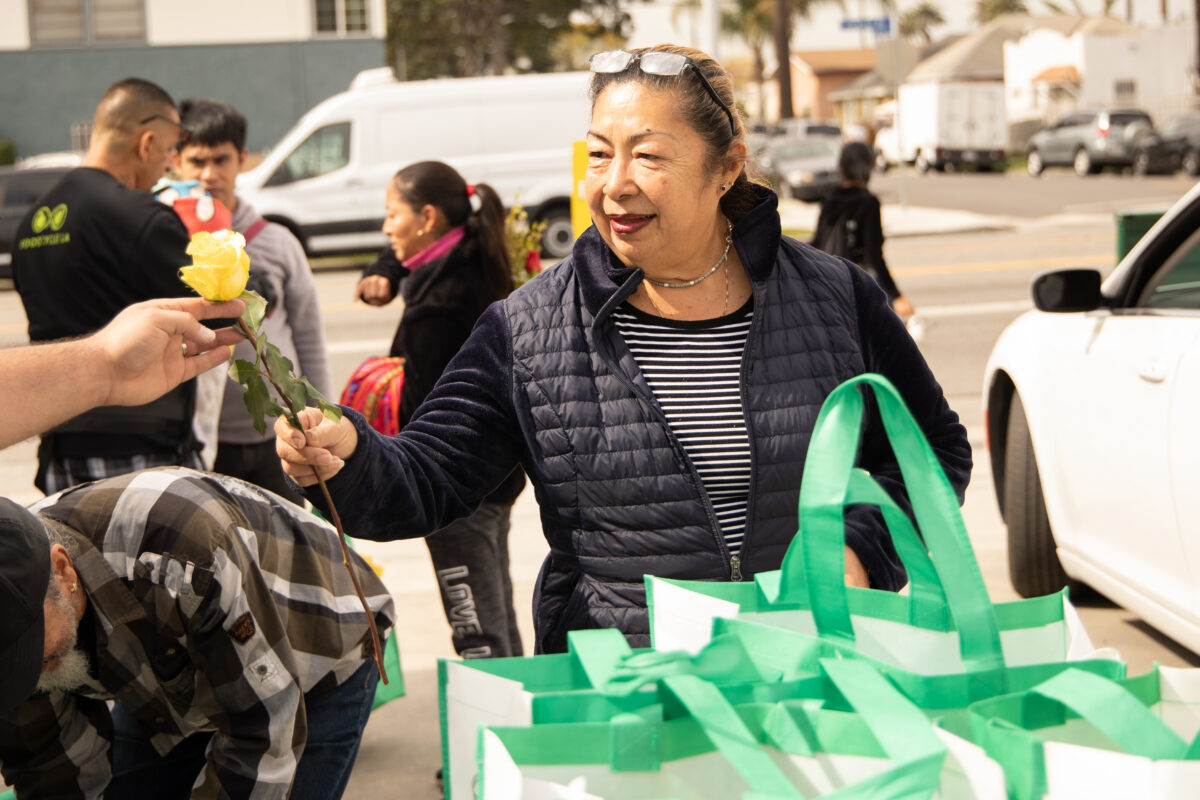
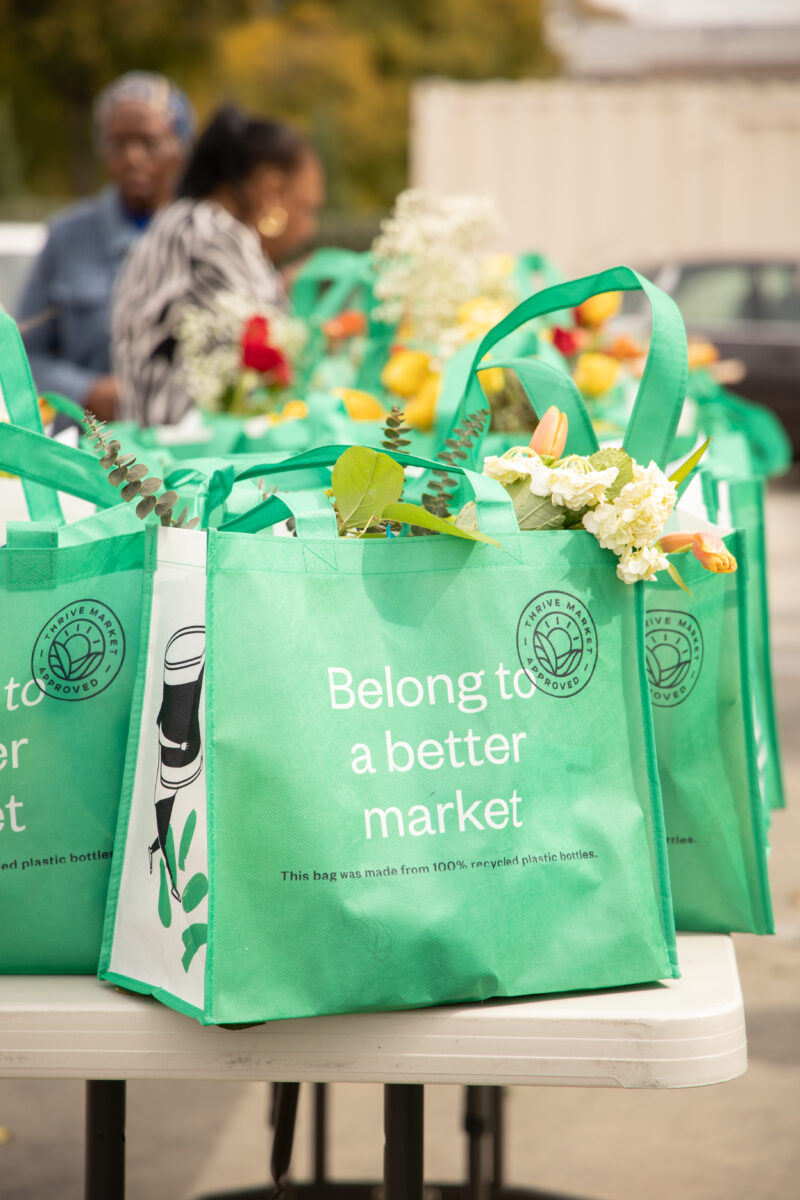
Specifically, we have been developing partnerships in neighborhoods that we identified as being the most food insecure in the city. These areas lack access even to grocery stores. In a lot of cases there is very limited access to fresh produce and the kinds of food we provide. We are building on some networks and partnerships that we have been creating, and we are excited to expand the program. Last year, we recovered more than 8 million pounds of food through these programs.
